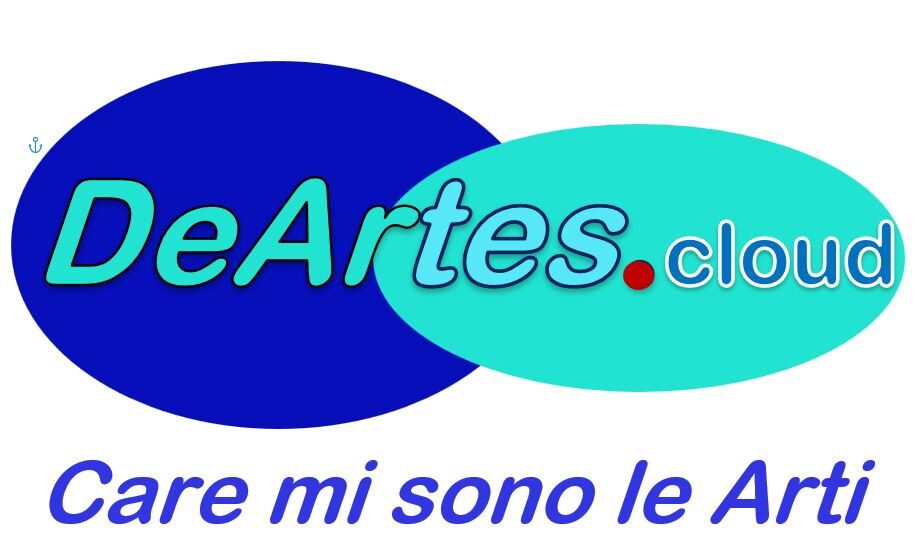
The Guggenheim Museum Bilbao presents José Manuel Ballester[2020/03/15], which will be open to the public over the next three months. The project consists of a series of photographs taken by the artist around the deserted streets of locked-down Bilbao last spring, exhibited alongside About the Guernica, 2009/2020 by Ballester, an emptied-out version of Picasso’s painting that conveys a contemporary perspective on the historical event and human tragedy. This project as a whole offers a reflection on the consequences of serious events such as wars or pandemics. Thus, the dialogue between the ‘emptied out’ Guernica and the photographs of the apparently uninhabited city presents the viewer with an interesting and open reflection.

This project bears witness to the period of lockdown through a selection of large-scale photographs that reflect the deserted streets and spaces of Bilbao such as La Salve Bridge, Elcano, the Metro and Calle Bailén, casting an almost unreal image that could represent the current situation anywhere in the world. In the words of Ballester, «The human absence on the streets created unusual images of totally empty roads, avenues, and squares, but the most disturbing part was knowing that all the inhabitants were there, that they were just a few meters from me, protected within the walls of their homes. Despite being so close, silence reigned supreme».
This portrait of the uninhabited city has many parallels with the artistic vision José Manuel Ballester has been developing for years through his impressive series of works called Hidden Spaces, in which he reinterprets key paintings in the history of art devoid of their characters, giving them a new artistic and human sense.

About the Guernica is a photographic reproduction printed on linen, the same size as Picasso’s original canvas, digitally treated to empty the space of all its human characters. Thus, the architectural interior, with its interplay of light and shadow, remains a silent witness to the bombing of Gernika in 1937. Ballester shifts Picasso’s chosen time sequence to a later time, in which all of the protagonists have disappeared, but in which, in the artist’s words, “the signs of the inhuman remain, as do the flames of the fire that still burns, like the flower that blossoms from the sword”.
The experience provided within the museum itself is complemented by a digital project that develops the concept of emptiness so strongly present in Ballester’s work, accessible from the Museum’s website. In addition, a book has been published that includes the series of twenty photographs taken by the artist in the streets of Bilbao alongside his reinterpretation of Picasso’s work, with comments by Carlos del Amor.

Iñaki García, LIN3S; Txema Vázquez Eguskiza, Giroa-Veolia; Petra Joos curator; José Manuel Ballester, artist; Juan Ignacio Vidarte, Guggenheim Museum Bilbao and Ander Soriano, Estudios Durero
Three works by José Manuel Ballester belonging to the Hidden Spaces series are present in the Guggenheim Museum Bilbao Collection: The Third of May (2008), The Royal Palace (2009) and The Raft of the Medusa (2010). These works are reinterpretations, respectively, of The 3rd of May 1808 (1814) by Francisco de Goya, Las Meninas (1656) by Diego Velázquez, and The Raft of the Medusa (1818–19) by Théodore Géricault.
RELATED ACTIVITIES via streaming
Session of bertsos Hustuari Hitzak (Words about Emptying Out) (December 21)Renowned bertsolaris Andoni Egaña and Maialen Lujanbio will offer a session of bertsos from the Museum gallery that houses the work About the Guernica and José Manuel Ballester’s images of uninhabited spaces. This session will be accessible via streaming.
A Conversation (January 14). Artist José Manuel Ballester, curator Petra Joos, and journalist Carlos del Amor will discuss the most relevant aspects of this unique project in a talk that can be followed both in person at the Museum Auditorium and via streaming.
Comunicación Museo Guggenheim, Decembre 3, 2020
Picture From Facebook
Museo Guggenheim Bilbao
Avenida Abandoibarra, 2
48009 Bilbao
Teléfono:
+34 944 35 90 00
+34 944 35 90 80
contacto@guggenheim-bilbao.eus
www.guggenheim-bilbao.eus
